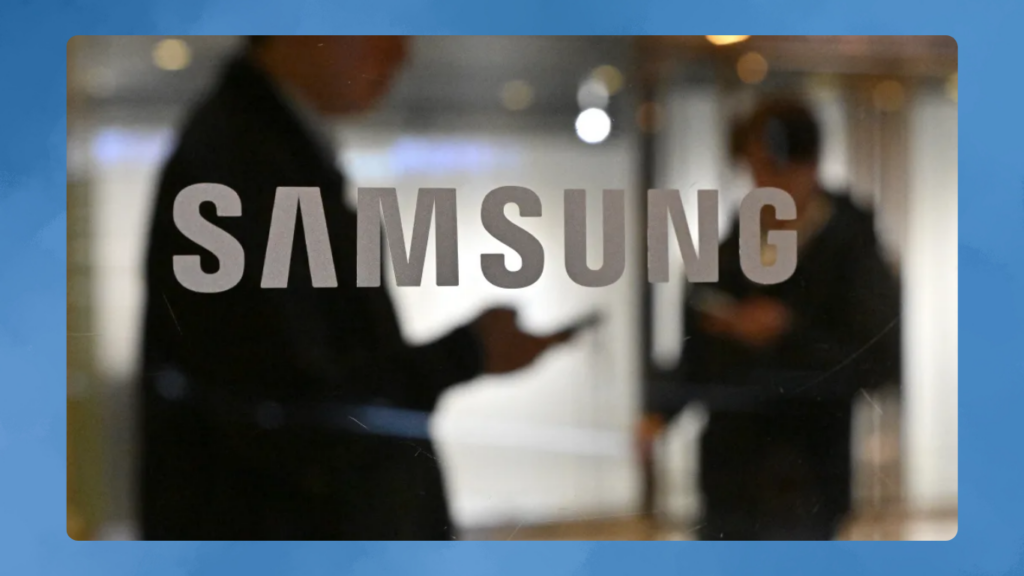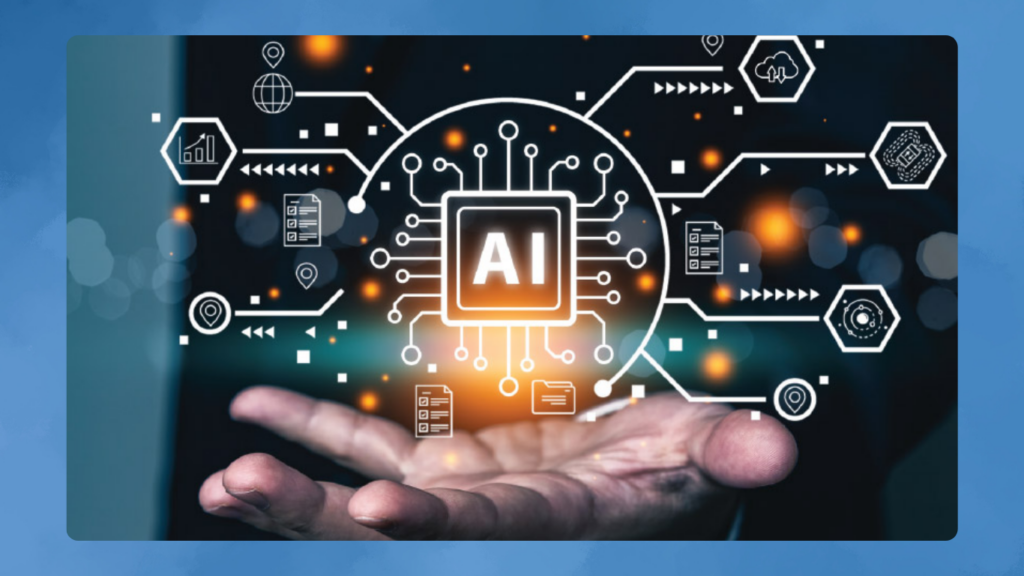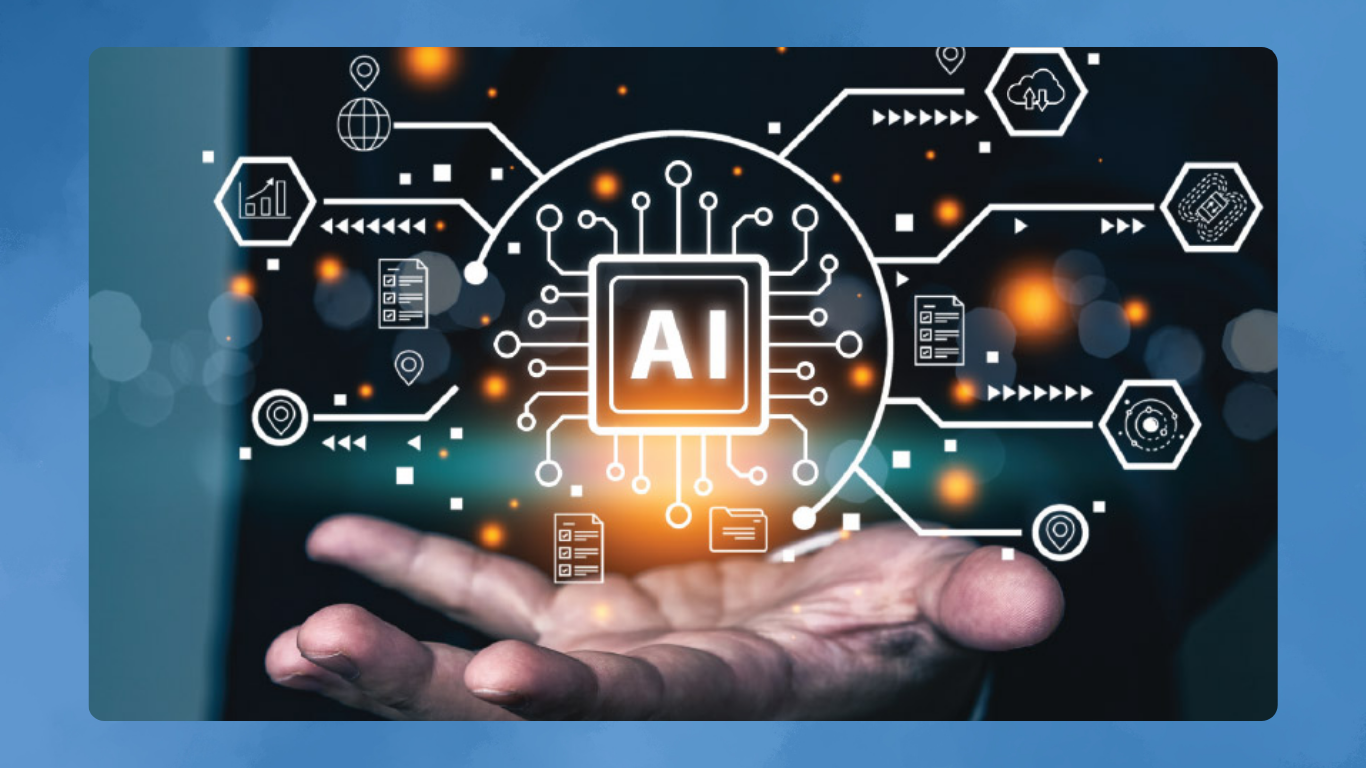AI is poised to revolutionize the job market, with 40% of all jobs expected to be disrupted by the end of the decade. However, its influence on smartphones could be even more profound. According to technology market analyst firm Canalys, over half of the world’s phones will likely use AI technology within the next four years.

Samsung, a leading tech giant, recently committed to integrating AI features into 200 million smart devices by the year’s end. These projections come as Samsung unveiled new AI features at its Paris event. These features, set to appear in future smartphones and wearable devices, include tools for composing emails and text messages, recreating photos, and summarizing, transcribing, and translating text. Samsung Electronics president TM Roh emphasized the importance of generative AI, making it the focal point of the company’s mobile division. “Last year, I told our mobile business team that we are no longer just a smartphone company; we are an AI company,” Roh said. “With AI technology advancing, the entire industry is feeling its impact.”
However, experts and academics warn that this rapidly evolving technology brings significant risks, including concerns about consumer privacy, data security, and transparency. Without adequate regulation and education, users may have to trust tech companies to act responsibly. OECD digital economy policy analyst Lucia Russo emphasized the need for adaptable regulations that can evolve with AI technology and operate across international borders. “Balancing innovation with the risks this technology poses is crucial,” she said. The biggest consumer concerns about AI, according to Canalys, are privacy, data security, lack of transparency, and potential extra costs.
Qualcomm senior vice-president Don McGuire noted that AI’s true value lies in its ability to be proactive rather than just reactive. “For AI to be truly useful, it needs to become more suggestive and anticipatory,” he said. “That’s where we’re heading.” All three major smartphone manufacturers promise that their AI features will be smarter, more useful, and more personalized. For Samsung Galaxy AI, this means analyzing text message conversations to suggest personalized responses. For Apple, it means prioritizing users’ most time-sensitive notifications.
Google plans to showcase its AI advancements, Android software, and Pixel devices at an event on August 13. Meanwhile, Apple announced its own AI software and a partnership with ChatGPT maker OpenAI in June. Apple’s new AI features, including a more intelligent Siri voice assistant and advanced writing tools, are expected to debut in September.

To address these issues, Samsung and Apple are offering on-device AI processing options, reducing the need for internet-based data processing. Roh mentioned that 55% of AI tasks on Samsung phones, excluding internet searches, are processed on the devices themselves, which is higher than anticipated. Swinburne University bioethicist Dr. Evie Kendal predicted that many users might not adjust their phone’s AI settings to prevent cloud data storage, often unaware of how their data is being used. “New technologies are often rolled out in a way that normalizes them, making their data usage nearly invisible,” she said. Dr. Kendal stressed the importance of educating consumers about AI tools, their data usage, and personal information control. “You need to know how your data is being stored and shared, who has access to your personal information, and ensure the security of the device you’re buying,” she advised.
As AI technology becomes increasingly integrated into smartphones, it’s essential for consumers and policymakers to stay informed and vigilant about these tools and their implications.

Subtly charming pop culture geek. Amateur analyst. Freelance tv buff. Coffee lover
